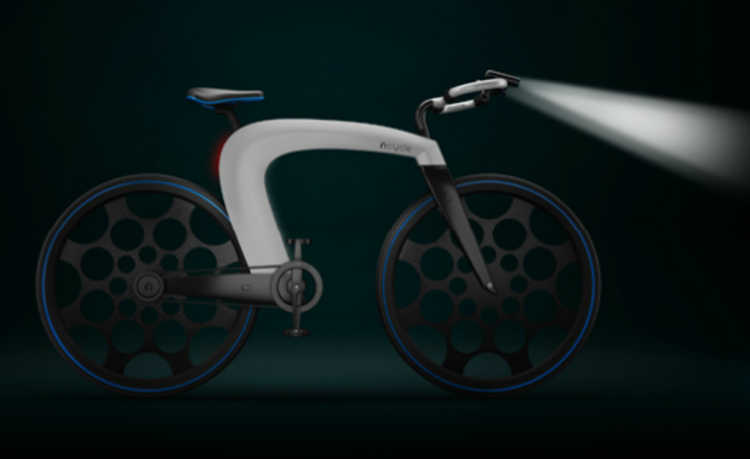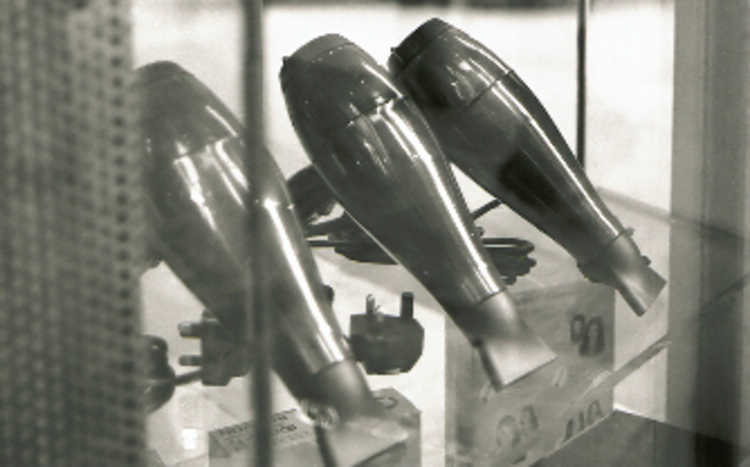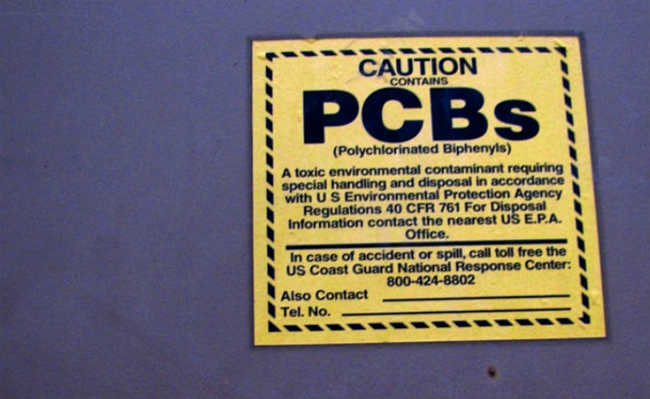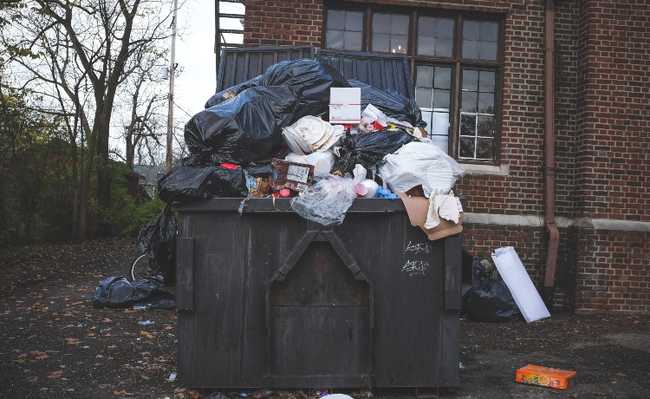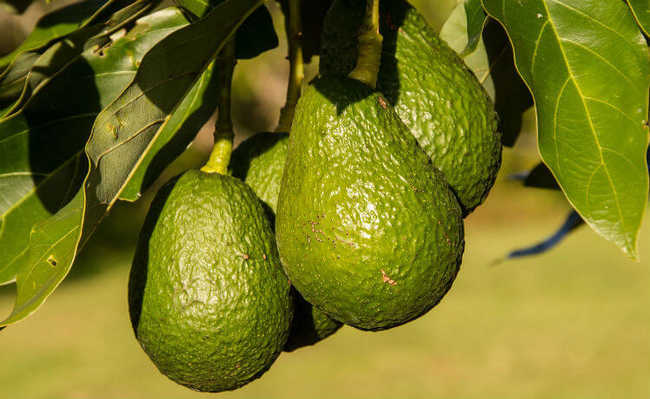With the ban on bags, how to organize household garbage and shopping?
Understand the pros and cons of the exchange and know what actions to take to replace the bag

On January 25th, cities in the State of São Paulo practically banned plastic bags from supermarkets. Those who cannot carry their groceries can purchase compostable bags, made from corn starch, for R$ 0.19 a unit. The controversial measure has the potential to spread to other regions of Brazil, despite not having the character of a law (it is an agreement between the Associação Paulista de Supermercados and the State Government). But what are the pros and cons of this exchange?
Plastic bags, in addition to taking about 100 years to decompose, can clog manholes and cause ecological disasters. According to Greenpeace, conventional bags are responsible for the death of 100,000 turtles and one million seabirds per year. Animals end up confusing pieces of plastic with food, which is a problem not only for the fauna, but also for the quality of human life (click here to learn more). Apparently, apart from the question of the need to pay for the new bag, there is no reason to go against the exchange.
However, the compostable bag is not unanimous. Made from the reactions of starch with lactic acid, polylactic plastic (PLA) has physical characteristics very similar to those of normal plastic, but it is compostable - a great advantage -, in addition to using less fossil fuels in its composition. Under ideal conditions (which are only found in composting plants), the bags can be degraded in just 180 days. However, there are only about 300 plants of this type in the entire national territory. In dumps and landfills, where most bags go, total degradation is not proven (see more here).
Another objection is the fact that this type of bag is made from food, amidst the problems that many countries have in providing food to their populations.
Would it be the most sustainable alternative?
The Socioenvironmental Institute of Plastics, Plastivida, an association linked to the industry, says that the durability of conventional bags should not be a problem. As they remain in the environment for about 100 years, they could be transformed into other products from recycling, without the need to extract other goods from chemical processes or from nature. In addition, the institute is against excessive use of packaging. Since 2007, when he spearheaded a campaign to reduce consumption, until now, the number has dropped from 18 billion to 13 billion bags used per year in Brazil.
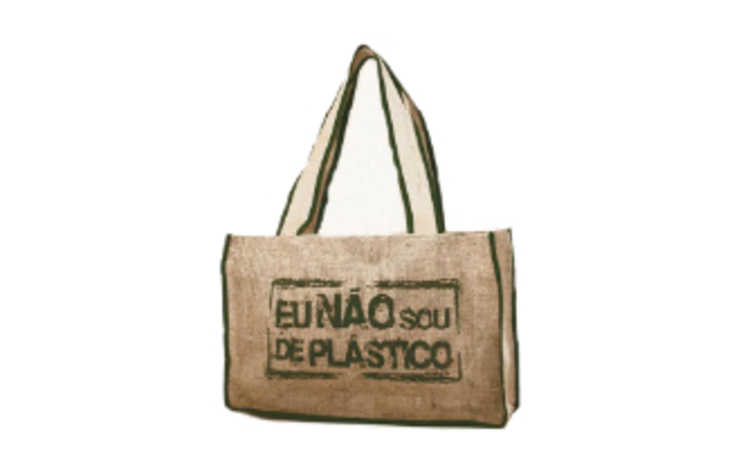
Do not use to pack garbage
The big problem is that the bag is used to pack all types of household garbage, even some where there is no need. It would be very difficult to allocate most plastic bags for selective collection, if they already have this function of packing leftovers popularly. In this regard, the introduction of new compostable packaging can be beneficial to lead to new daily practices when separating waste.
What eCycle recommends
Separate garbage for selective collection and remember to clean packaging well to facilitate recycling. In that case, there is no problem using a conventional garbage bag because it will also be incorporated into plastic recycling. Likewise, there is no problem using the recyclable bag. For the bathroom, use newspaper bags, as well as dry garbage in the kitchen or office. Organic waste can be significantly reduced with the use of a homemade composter or a shredder (learn more here).
The waste that is left over and will go to the dump or landfill can be packed in a large compostable bag, as it cannot be recycled later.
Purchases
At the time of purchase, ecobags, shopping carts and cardboard boxes are good options to avoid spending on compostable bags. However, it is necessary to be aware of the origin of the ecobags. Many of them are manufactured with environmentally incorrect materials, have questionable durability, use a lot of resources in their production or even travel enormous distances to the final consumer, which implies large emissions in their transport, such as those originating in China, for example.
Take advantage of the exchange of bags to also change your habits.


